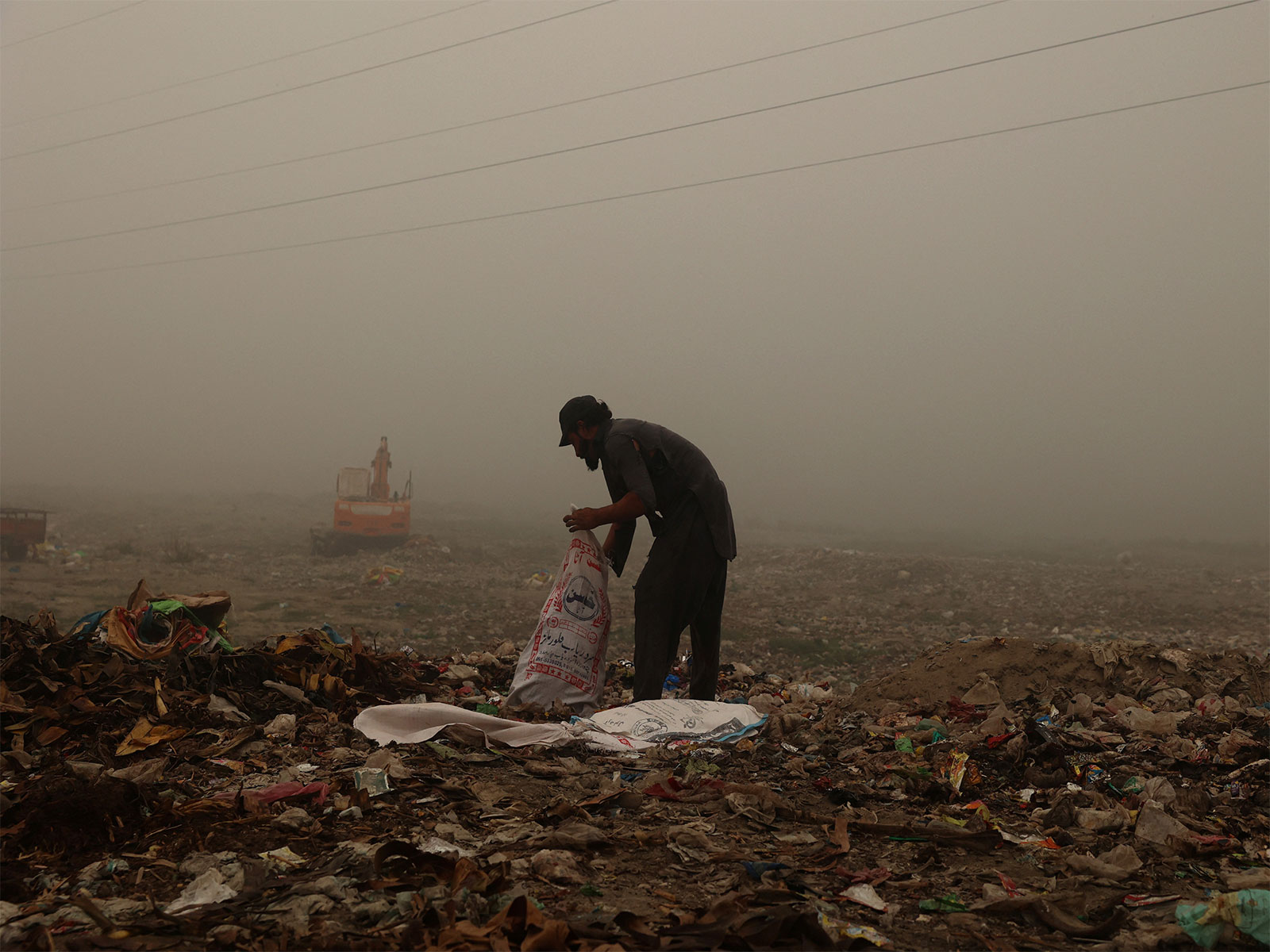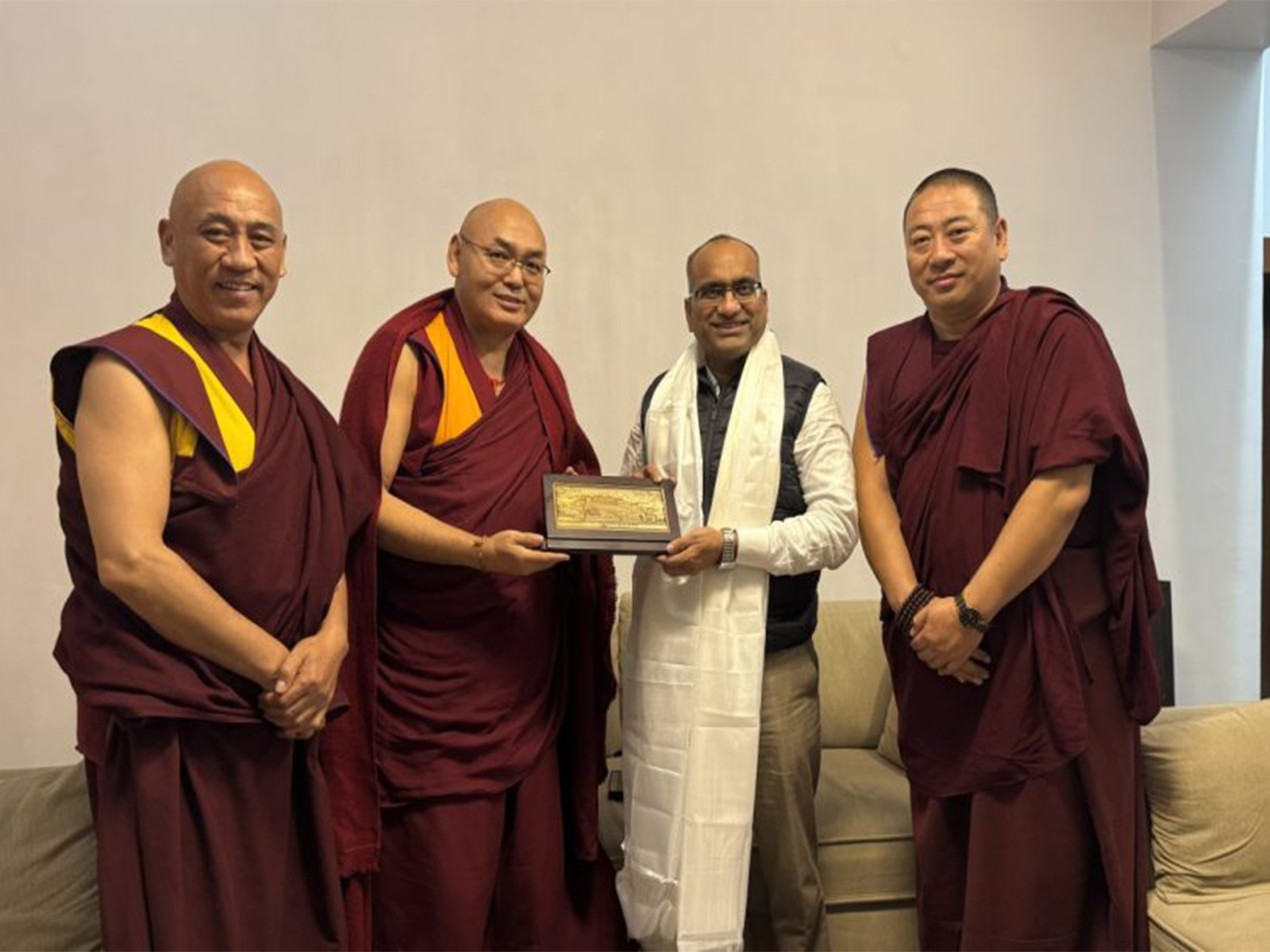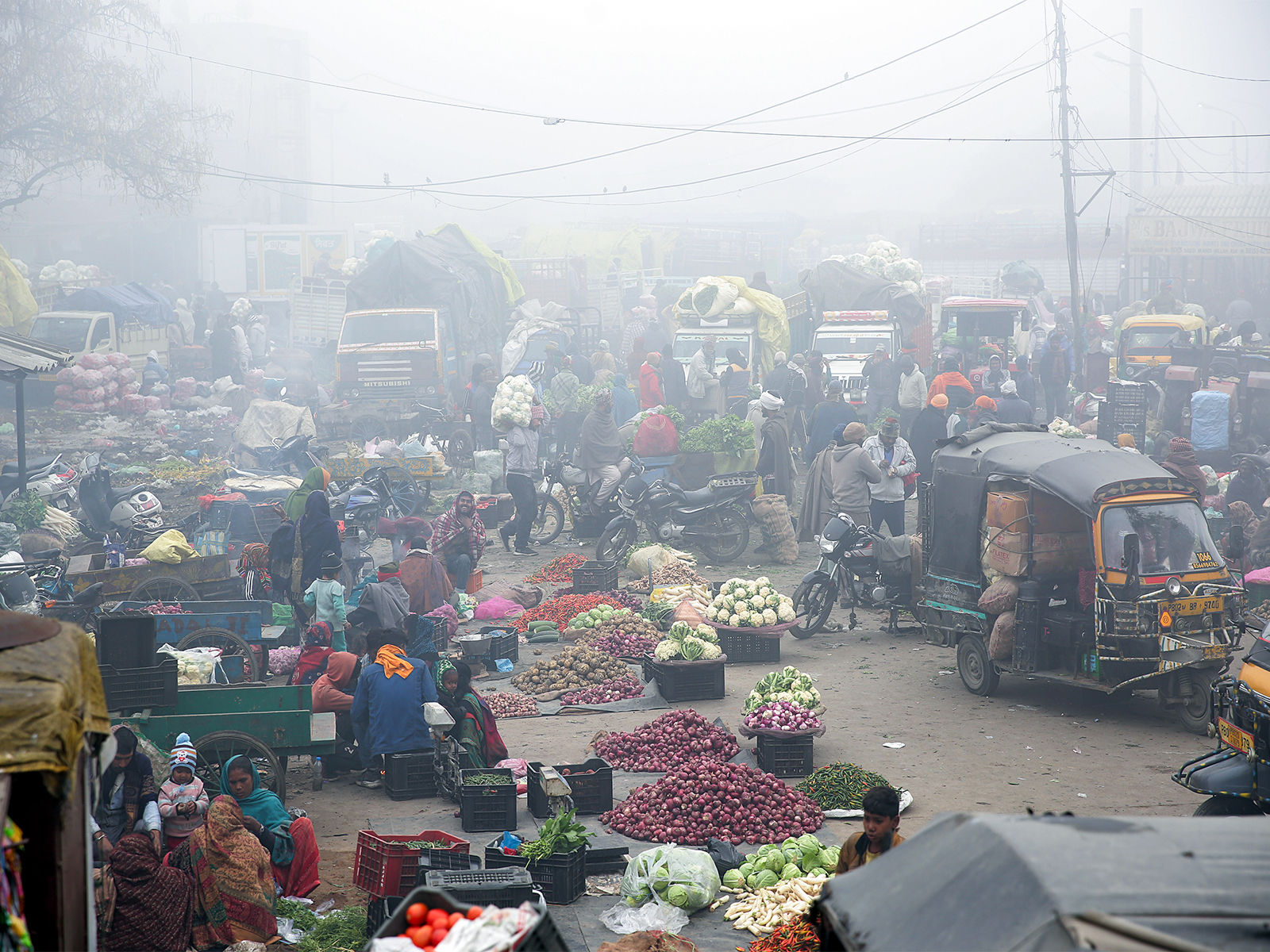Mother of man jailed over posting photo of Xi's daughter writes to Chinese President: Report
Aug 29, 2022

Beijing [China], August 30 : The mother of the man who was jailed for posting a photo of the daughter of ruling Chinese Communist Party (CCP) general secretary Xi Jinping has reportedly written an open letter to the Chinese leader in which she explained that her son has been framed.
In 2019, a Chinese named Niu Tengyu allegedly uploaded Xi Jinping's daughter Xi Mingze's identity on a website, as per Radio Free Aisa. The 22-year-old man is currently serving a 14-year jail term for it.
Media reports say that he and his family were being subjected to many threats. According to vernacular media, the mother of Niu explained that one after another Niu Tengyu's lawyers were forced to withdraw their representation, the current lawyer of Niu Tengyu is the 14th lawyer she has hired.
She also narrated that how the lawyers are not allowed to meet Niu Tengyu and they have tried to make appeals to the Guangdong court several times but the court says that they have not received any such request, even after the lawyer mailing the request several times.
Earlier, US Congress Rep Vicky Hartzler revealed that Xi Jinping's only daughter Xi Mingze is living in America. Hartzler revealed this while she was introducing the "Protecting Higher Education from the Chinese Communist Party Act."
A Chinese current affairs commentator living in the US stated on his YouTube channel that Hartzler divulged the fact that the only child of the world's second most powerful leader lives in the US.
Aside from a few basic biographical details, very little is known about the cherished daughter of Chinese President Xi Jinping and his second wife, famous folk singer Peng Liyuan.
Citizens continue to be charged and sentenced to sometimes long prison terms for critical or satirical social media posts on a variety of subjects.
It was reported in June 2021 that blogger Qiu Ziming had been sentenced to eight months in prison for "defaming martyrs" by questioning official information about military deaths near the border with India. In addition to criminal punishment, internet users face account deletions, job dismissals, arbitrary detention, and police interrogation in response to politically sensitive or simply humorous comments made on social media platforms.
According to the Freedom House report, the government's ability to monitor citizens' lives and communications has increased dramatically in recent years, inhibiting online and offline conversations. Social media applications like WeChat closely monitor user discussions to ensure conformity with government content restrictions.
Surveillance cameras, now frequently augmented with facial-recognition software, cover many urban areas and public transportation, and these networks are expanding into rural regions. Devices used by police to quickly extract and scan data from smartphones, initially deployed in Xinjiang, have spread nationwide.



















